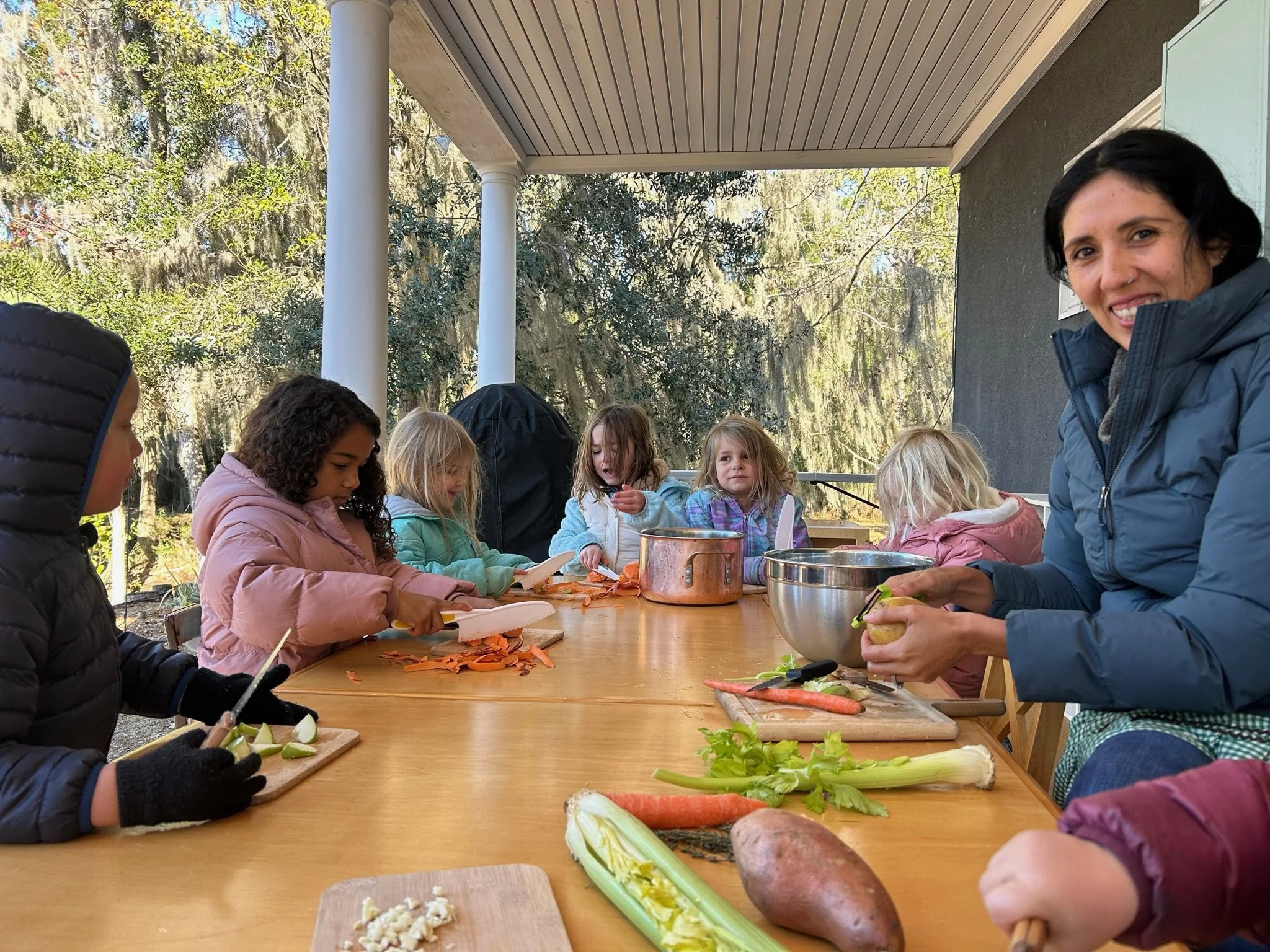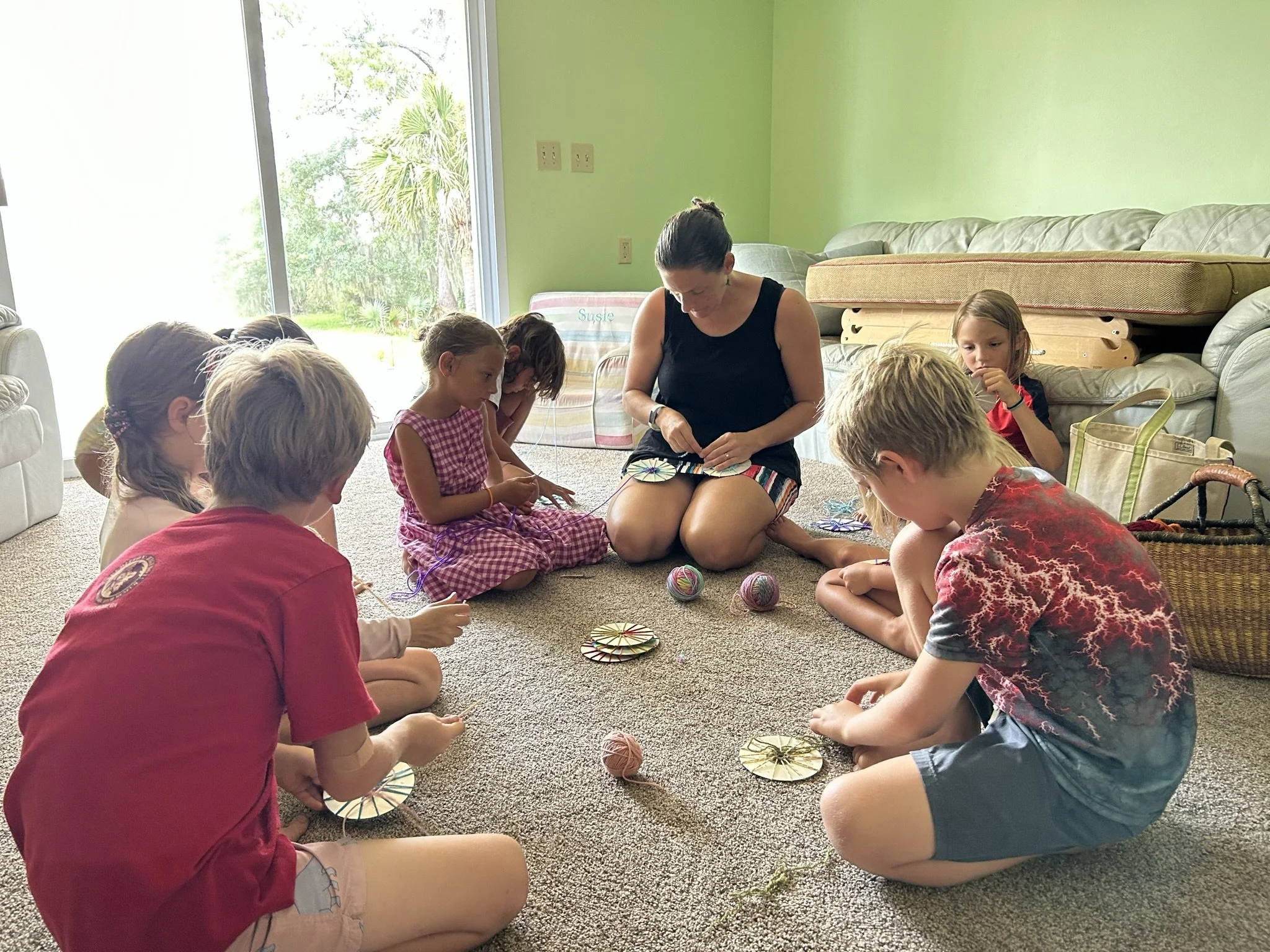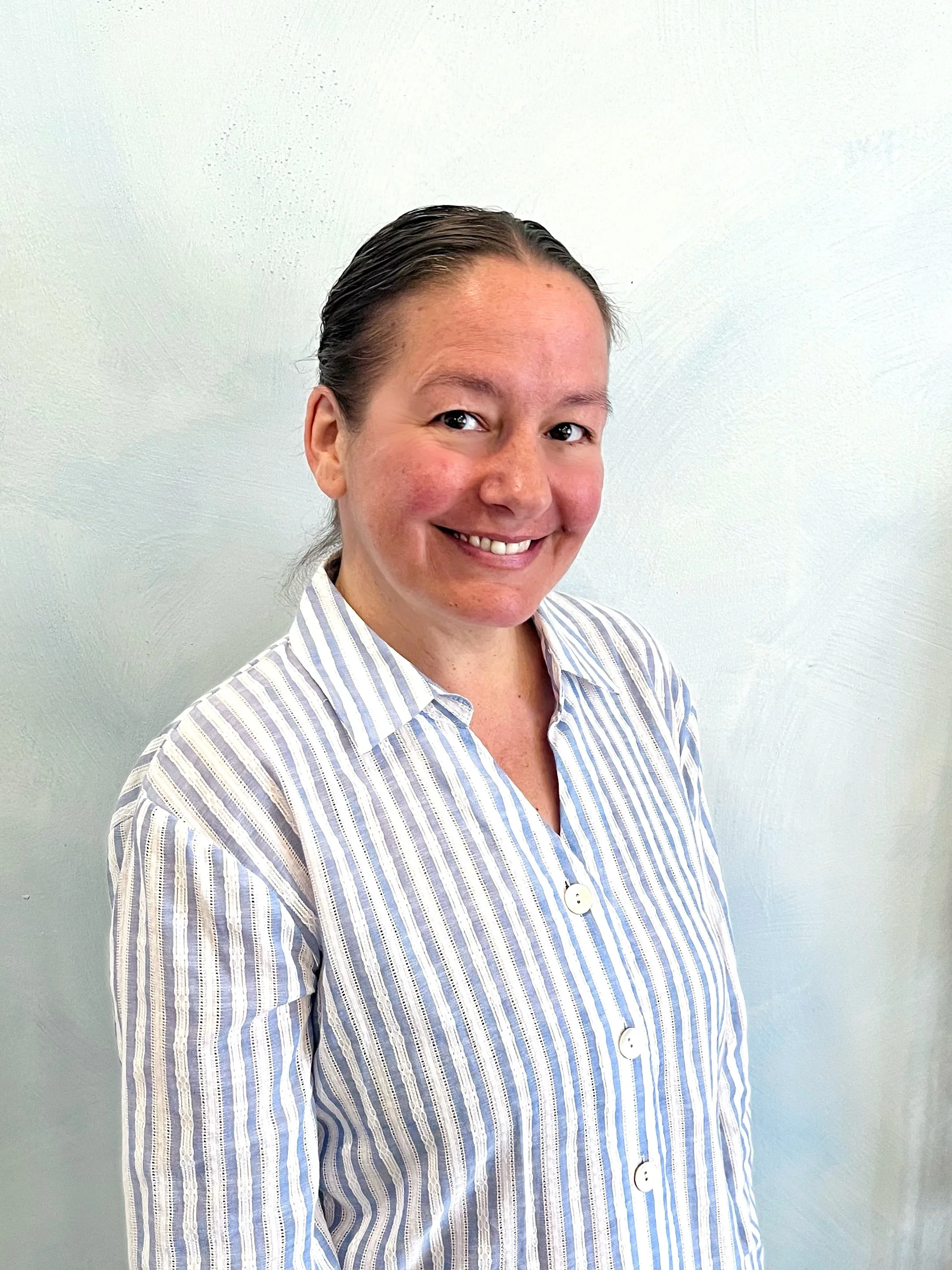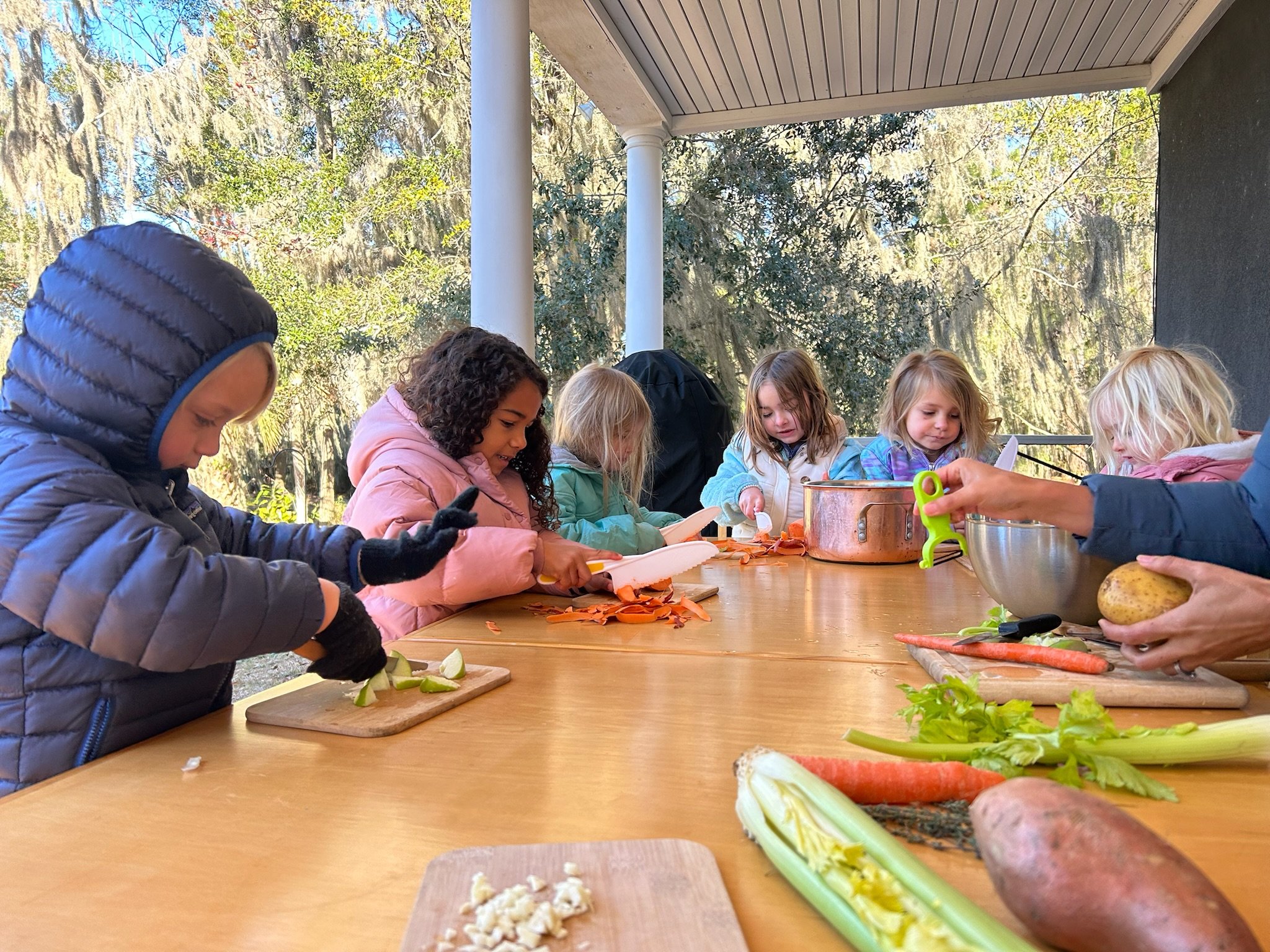
Our Story
In January of 2022, Ms Emily began Tidewater Waldorf in the loft of her family home in Savannah. She had spent the past 15 years in education, starting her journey as an English Teacher in Argentina. She has taught in a variety of settings from inner city Baltimore, public and private schools, working with migrant workers on the border of New Mexico, and teaching adult basic education. While living in Baltimore at an intentional living community Emily was introduced to Waldorf Education. From the moment she entered the Baltimore Waldorf School to participate in a parent/child class with her then two-year-old son Auggie, she knew her life had changed forever. From that time, Emily began to explore how she could make Waldorf Education an integral part of her and her family's lives.
Emily and her family moved to Sedona, AZ where Emily taught at Running River Waldorf School and received her Waldorf Education Certificate. In January of 2021, she had her 4th child, little Eliza, and Emily decided that she needed to step away from the demands of a full-time teaching position and be home more with her children. This decision started her on the journey of an accidental homeschooler and the creation of a homeschool hybrid program.
Late in December 2021, Emily and her family moved to Savannah, Georgia where she started Tidewater Waldorf in her home. Starting with just three first grade children she slowly grew and laid the groundwork for our program. By the fall of 2022, Emily had seven students in her mixed first/second grade class and was beginning to attract families that were seeking Waldorf education for their children.
As a few of her grades students had younger siblings that wanted to participate in her tiny, in-home school, Ms Emily hired her first teacher in January 2023. Ms Belen joined Tidewater Waldorf as the first Kindergarten teacher where she led the mixed age kinder class of six students while Emily continued with her grades class in the loft space.
Early Childhood Class uses Ms. Emily’s porch as their first classroom.
Ms. Belen and Ms. Emily turn her daughters’ rooms into the E.C. play area.
The Grades First Classroom in Ms Emily’s loft.
At the end of the 2024 school year, it was clear that we were outgrowing Ms Emily’s house! Tidewater Waldorf now had ten 3rd/4th students and ten kindergarten students and was ready to find a new space.
Our community was growing and building together. Tidewater Waldorf hosted their annual Knit-a-thon fundraiser to officially begin the process of finding a new space outside of Emily’s home. Our community pulled together, with many parents painting, refinishing floors, helping with landscaping and building desks.
In September 2024 we opened our doors in Thunderbolt!

“A healthy social life is found only when, in the mirror of each soul, the whole community finds its reflection, and when, in the whole community, the virtue of each one is living.”
~ Rudolf Steiner
What is a Homeschool Coop program?
Tidewater Waldorf is a drop-off cooperative learning environment supporting families that have chosen home education. Our hybrid homeschool education model offers Waldorf classes three days a week while also allowing for the natural rhythm of family life to flourish in your home. We emphasize the importance of protecting our children’s childhood and allowing them to thrive through their imagination and play. Our program includes aspects of a traditional Waldorf Education while also educating families on how to incorporate these practices in their own home and lives.
Our program meets Monday, Wednesday, Thursday from 9:30am - 1:30pm.
While at school, our teachers create a magical environment in the classroom. Students participate in main lessons with art, circle time and songs, poems, integrative movement, and stories. The teacher sets the rhythm and sense of order in the classroom while also holding a gentle space for children to feel safe and welcome to learn.
While teachers create a space of learning for our children, our families also are committed to help nurture the communal life of our program. Families help in creating seasonal festivals, help with fundraising, care for the communal space, and participate in our intentional community.
Each week students are sent home with light work to help support their academic progress in the classroom. Examples of supplemental work sent home may include weekly spelling words, math problems, practicing multiplication tables, or phonics support as needed. Even though we provide an in-depth arts focused curriculum, parents are still responsible for their child's education and ensuring they are meeting all state requirements.
Our part-time program provides a healthy work/life balance for students and families. We have found that our hybrid program creates a space to slow down in our lives and keep our energy recharged for our classroom work and family bonding.
Families and children are best able to experience the benefits of our program by making a full year commitment. Many skills taught are built slowly over regular practice with classmates - such as playing the violin, cello or recorder, knitting, speaking Spanish, singing, painting with watercolor, and more.

“The need for imagination, as a sense of truth, and as a feeling of responsibility – these are the three forces which are the very nerve of education.”
– Rudolf Steiner
Our Media-Free Policy
Waldorf education strives to nurture and protect the development of the imagination, which is the vehicle for learning and growth. In general, Waldorf schools discourage your children from regular screen time and media, including television viewing, using video games, watching videos, and using computers, tablets, and hand-held devices. This type of media contains images and interactions that affect children deeply, and they carry these images and gestures into their play and social interactions with other children.
Families who eliminate or minimize media are quickly rewarded with the positive behavioral and emotional changes that come when children are left to explore their own imaginations. Families who are newly exploring this issue should be aware that many of our families choose Waldorf education precisely because their values closely match the school’s philosophy regarding elimination of media influences, and they seek an environment and community that expressly shares these values.
In other words, our school and parent community indeed depend on the cooperation of all families regarding this issue.

“Receive the children with reverence, educate them with love, send them forth in freedom.”
~ Rudolf Steiner
Waldorf-Inspired
The Waldorf curriculum aims at teaching the whole child - the mind, body, soul and spirit. All areas of the curriculum incorporate imagination, art, nature and movement. In the grades program, the day starts with "main lesson" which is a 2-hour block of time that carries the rhythm and new material of the day. It usually starts with song, recorder playing, integrative movement, poetry and then new academic material (which is always introduced through imagination and applied with art) and finishes with a story. Following the main lesson there is lunchtime and outside play time and then one of the many extra lessons: handwork (knitting and crocheting), watercolor painting, music, sculpting, Spanish, gardening, movement, woodwork and form drawing. All of our specials classes are tied to and come from our academic main lesson, but can also be enjoyed and fulfilling in their own right.
Waldorf pedagogy nurtures, protects and develops fully the intelligence of the child. To do this the curriculum must live and speak to the child's experience, and meet them where they are at, rather than where we imagine they should be. The curriculum must be alive, creative, expressive and nourishing to the child’s ‘will forces and feeling life’ as well as the intellect. Waldorf education develops and harmonizes these three aspects: “thinking" — head activity through scholastic discipline; “feeling" — heart activity through artistic expression; and “willing" — hands and limbs, through practical skills. In their studies and in the classroom Waldorf educators strive to understand the essential nature of the child and to help awaken latent capacities. The human being is understood as a physiological, psychological and spiritual (in terms of our own higher nature) being. The aim in education then becomes preparation for a truly human social life, emotional stability, intellectual flexibility, sound judgment and inner freedom. Waldorf educators believe that learning must be an ongoing, integrated activity that is not isolated from life.

Cultivating the living arts in our everyday lives.
Faculty and Staff
-
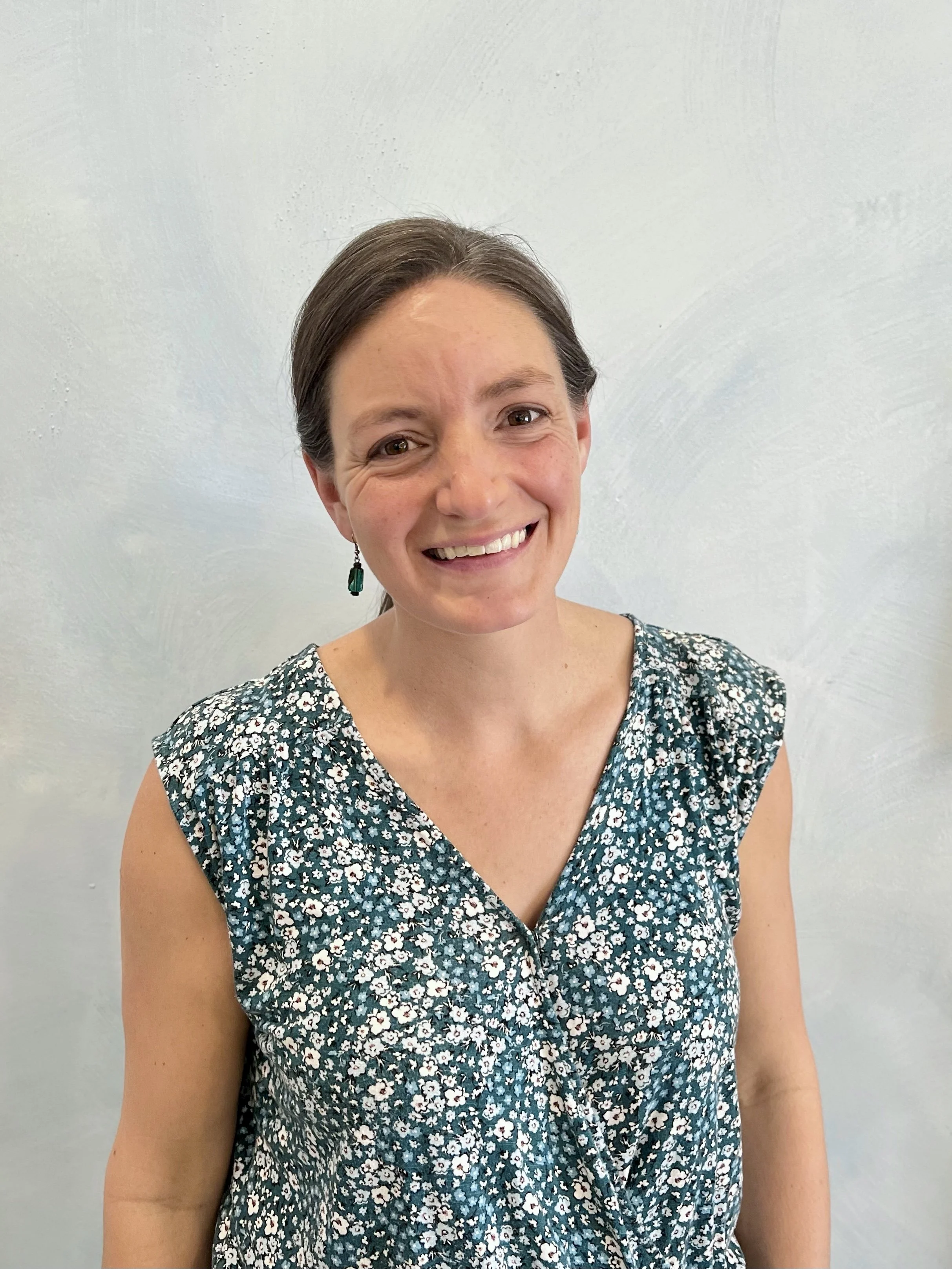
Emily Parr
Grade Teacher & School Director
-

Belen Olivos Rodriguez
Kindergarten Teacher
-
Julie Scott
Grade Teacher Assistant
-
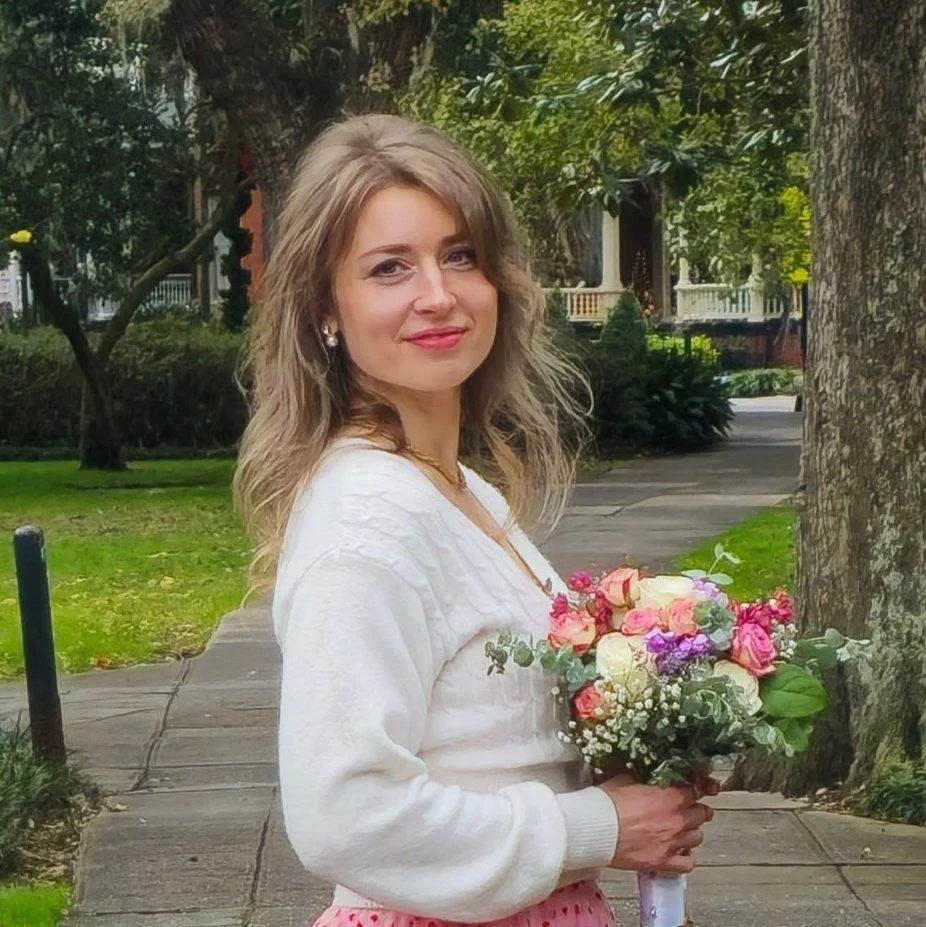
Anastasia Bianco
Kindergarten Assistant
-

Jacqui Bell
Music and Parent-Child Class Teacher
-
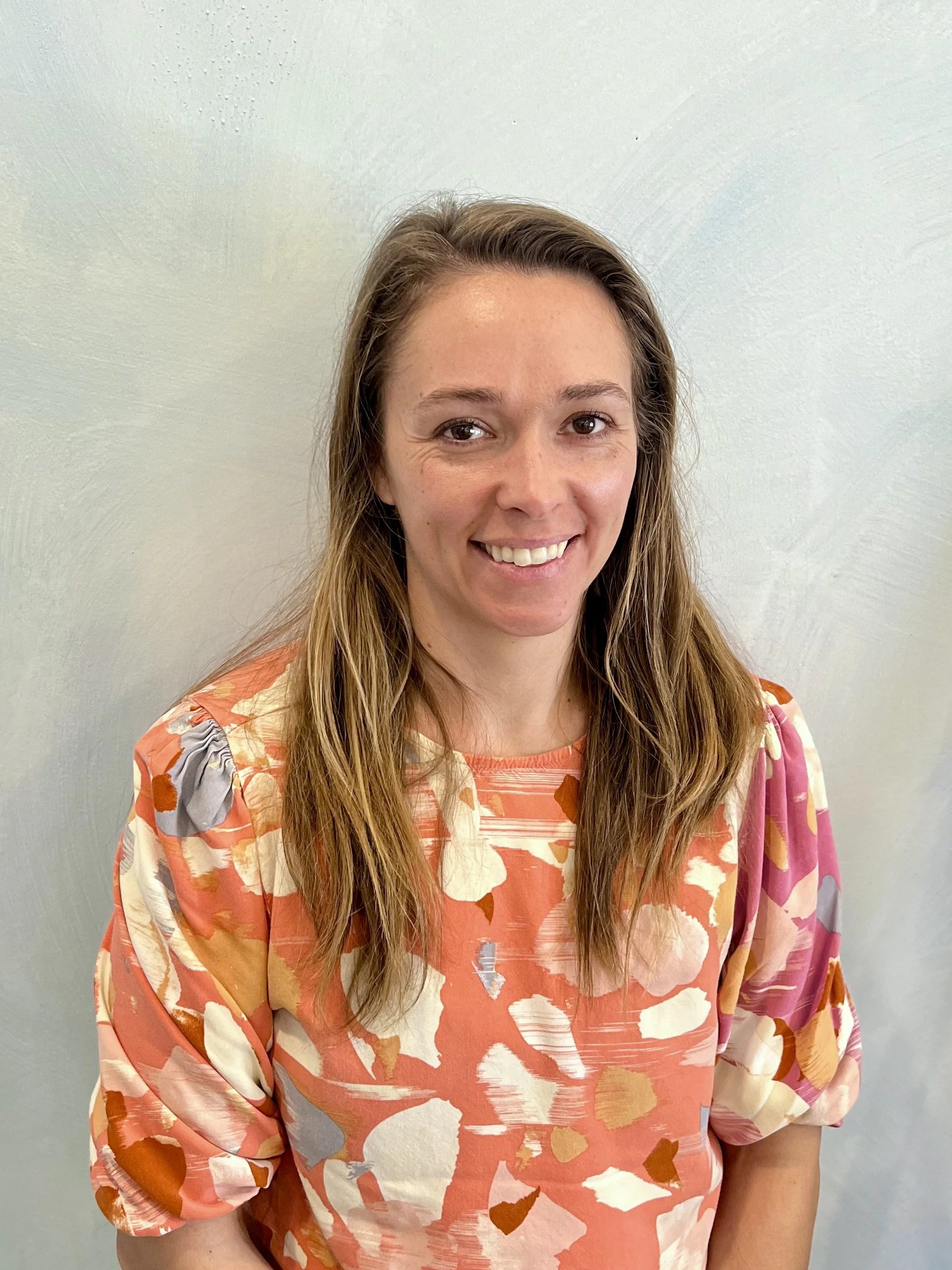
Tori Barnes
Operations Manager

Employment
-
First Grade Teacher
Tidewater Waldorf is looking for a Lead First Grade Teacher for our part-time program…

